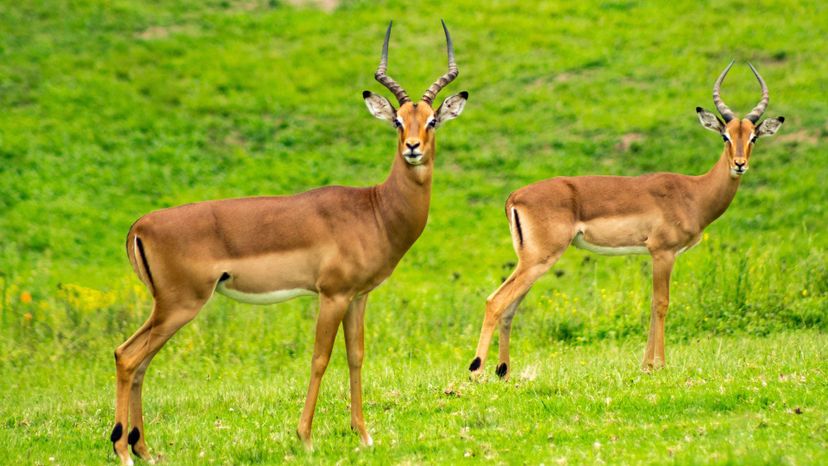
About This Quiz
Scientific names, also known as binomial nomenclature- a two-term system of naming living creatures- is a formal way of giving names to all life on this planet. Informally called Latin names, each of the two parts of the animal or plant's scientific name stands for something. The first part of the name tells us the genus to which the species of plant or animal belongs. The second is more specific and refers to the species of the genus. If we had to give an example using humans, the word "Homo" would be our genus, while "sapiens," a word that means wise, is the species. This system has been in use for hundreds of years and changes are still being made today. One of the more recent, the genus must always be capitalized, while the species is not.Â
But we have a feeling you already knew all these things, which is why we want to test your knowledge of scientific names with animals. We want to know if you know what a Canis lupus is, or if you should just stick to other Homo sapiens, like yourself.Â
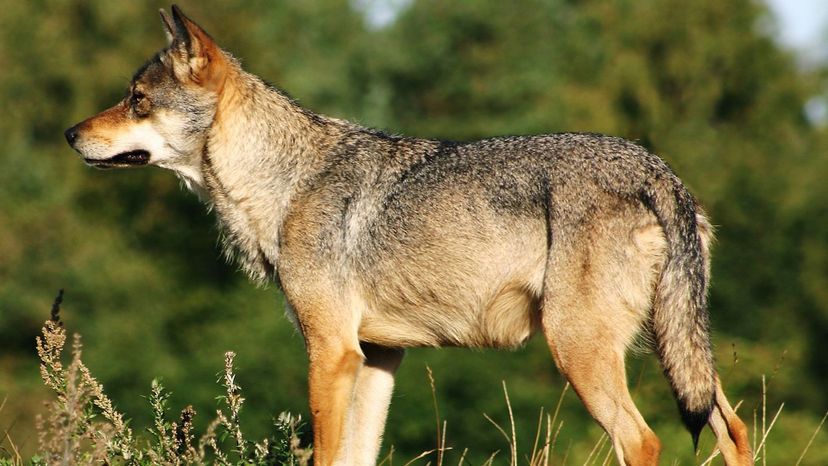
Canis lupus is the scientific name for the grey wolf that can be found in Canada, Alaska and other parts of the United States. This animal is an adaptable one- it can live in the cold arctic region, in forested areas and in arid terrain.
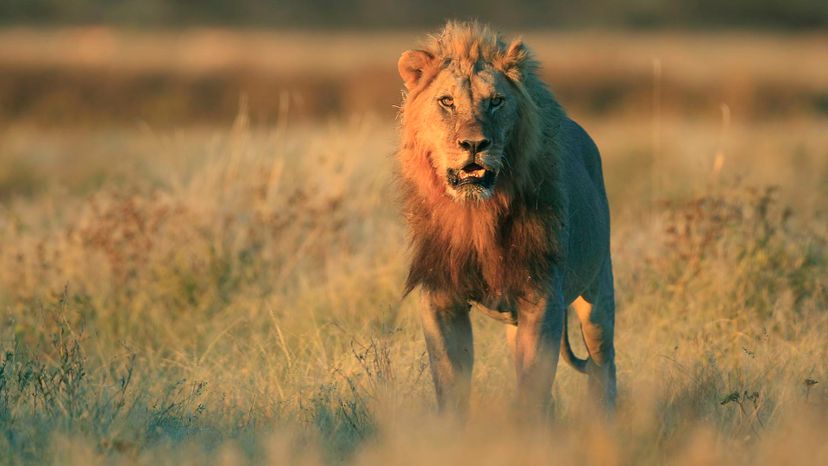
Lions are scientifically recognized as Panthera leo. This term refers to the large predators of the cat family that live in countries such as Africa. This animal is identified by its brownish coat, majestic mane (males) and its roar.
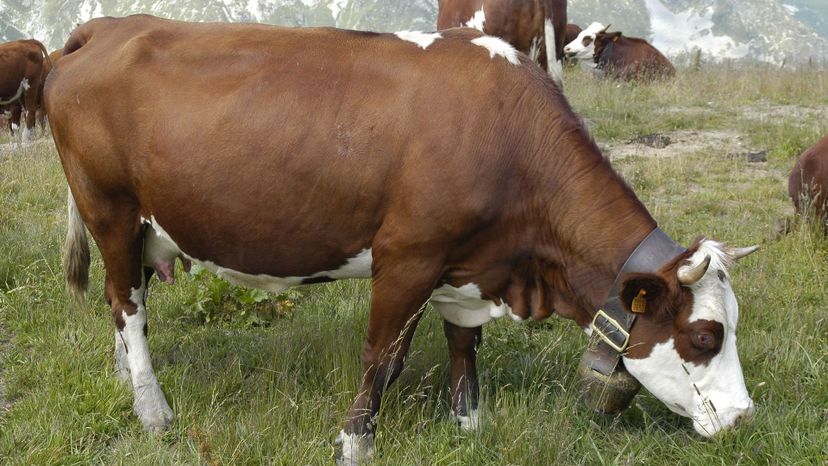
Domestic cows, also known as Bos taurus, can be found in many parts of the world, such as in northeast Asia, some parts of Africa and Europe. These domesticated animals are large and can be found grazing on grasslands.
Advertisement

Dolphins are scientifically recognized as Delphinidae delphis, as they belong to the family of Delphinidae. The latter refers to dolphins, killer and pilot whales and their relatives. Animals from this group are excellent swimmers and they can be found in shallow waters and some rivers.
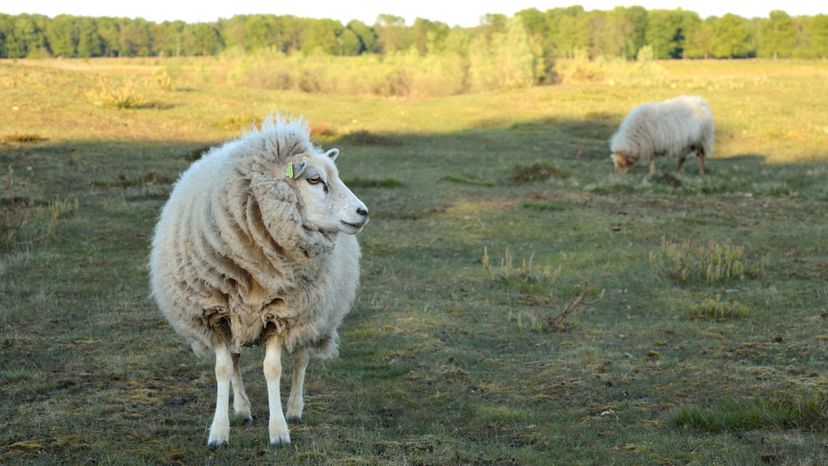
Ovis Canadensis refers to the bighorn sheep found in many parts of North America, such as in meadows, on mountain slopes and the countryside. It is named after the large horns found on its head, which can weigh as much as 14 kg.

Felis catus is widely known as "cat" - its common name. This domesticated animal is popular among humans and often kept as pets or to ward off insects and rodents. It is believed that this cat is a descendant of the African wildcat or the Asian desert cat.
Advertisement
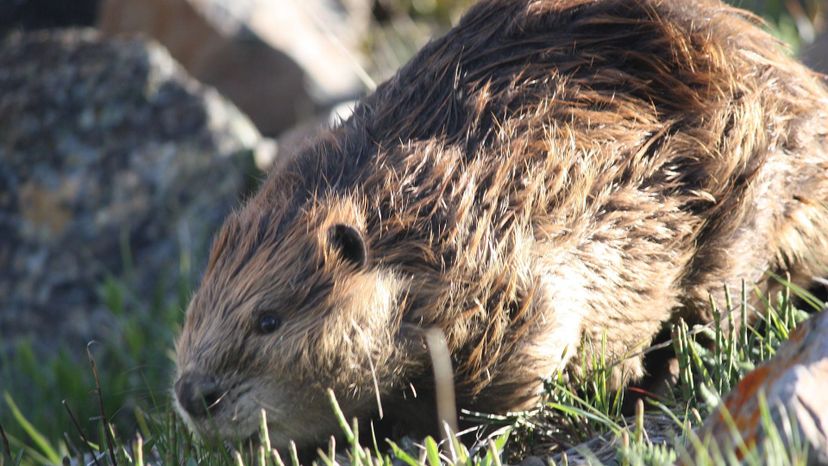
Castor canadensis is the North American beaver that looks much like a large rodent with a flat tail. This herbivore is also known as the American or Canadian beaver. It is recognized as the state animal of Oregon and the animal symbol of Canada.
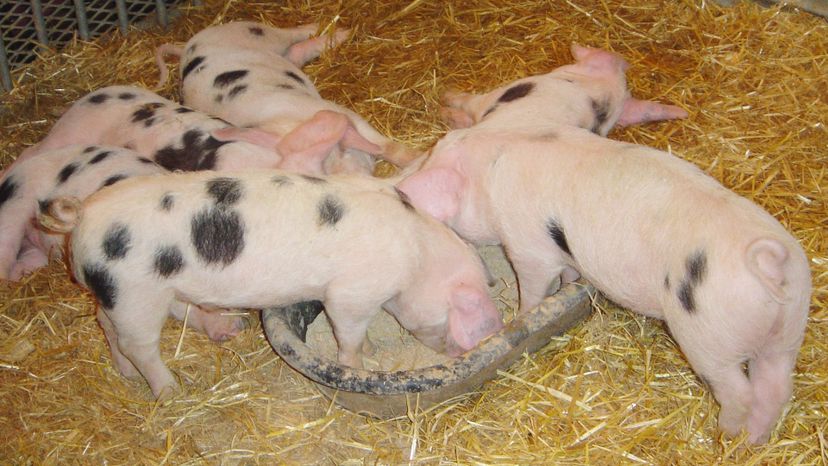
Suidae refers to Artiodactyl mammals, such as pigs, sheep, cows, camels and giraffes and other cloven-hooved animals. There are about 200 species of Artiodactyl and many of the animals are of an economic benefit to humans, who raise them as livestock.
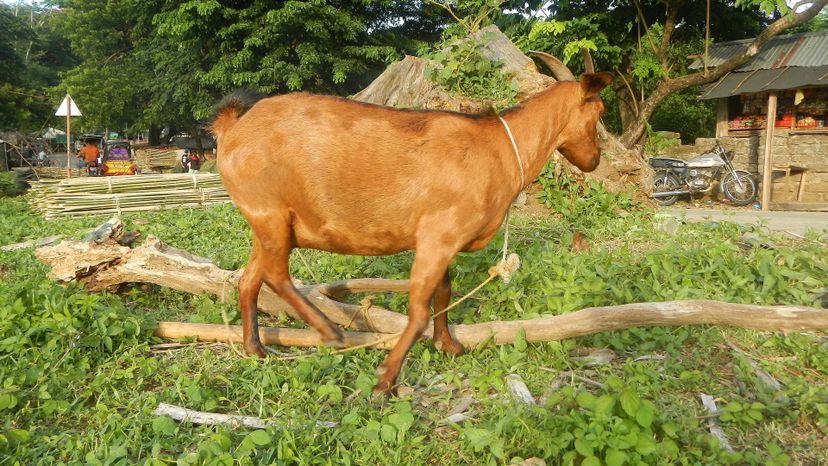
The domestic goat derives from the family of Bovidae and is known scientifically as Capra aegagrus hircus. It is a subspecies of the wild goats of Eastern Europe and Southern Asia and has been domesticated by humans for hundreds of years
Advertisement
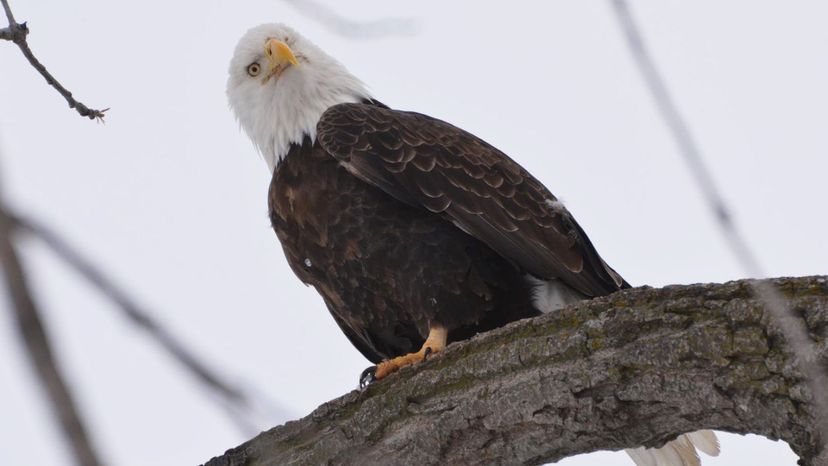
Bald eagles (Haliaeetus leucocephalus) are large birds of prey that are native to the United States and Canada. They live in forested areas and are often seen close to large bodies of water, where they hunt for fish near the surface.
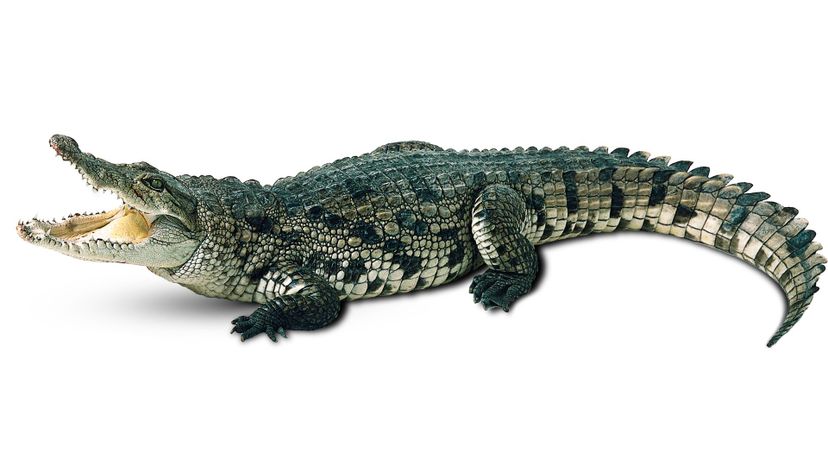
Crocodilia niloticus is commonly known as the Nile crocodile. The name derives from the Greek word, krokodeilos, which means "pebble worm" in English. This refers to the crocodile's coarse looking skin. Niloticus means "of the Nile" in reference to the river Nile in Africa.
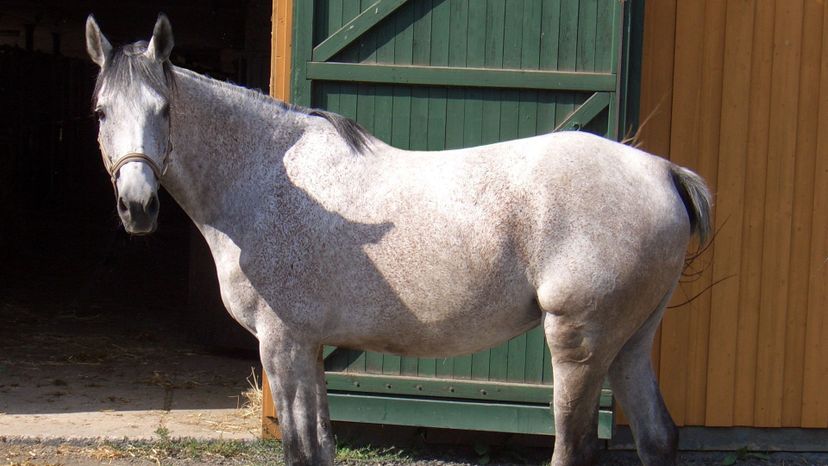
Equus ferus caballus is a domestic horse that is a subspecies of the wild horse. This wild horse was first seen millions of years ago and eventually hundreds of various breeds were derived from it. A horse is characterized by its sturdy body, thick dark fur, its mane and its long tail.
Advertisement
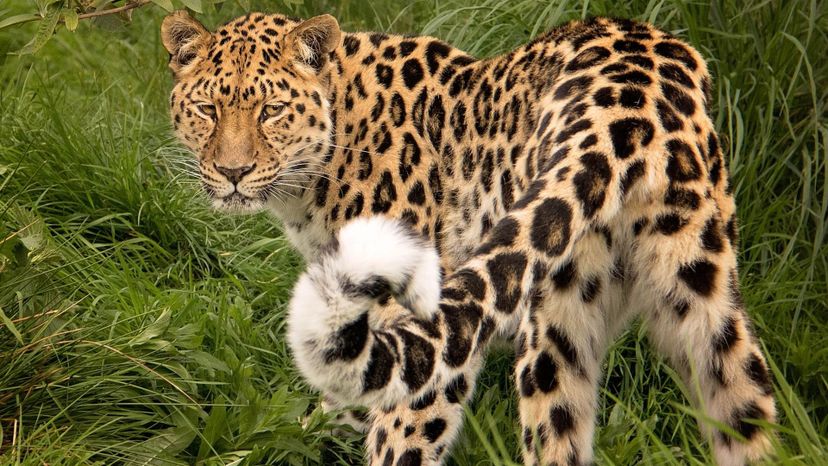
Leopards (Panther pardus) are wild cats that often inhabit trees and grasslands, forests and woodlands. These animals have short legs, long bodies and spotted fur that enable them to camouflage into their environment.
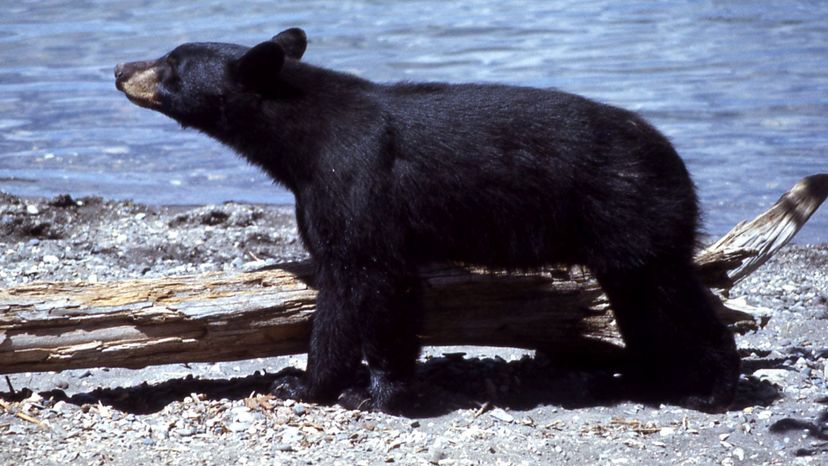
The American black bear is an omnivorous mammal and is known scientifically as Urus or Euarctos americanus. It is the smallest bear of North America, with males weighing between 47 and 409 kg and females between 39 and 236 kg.
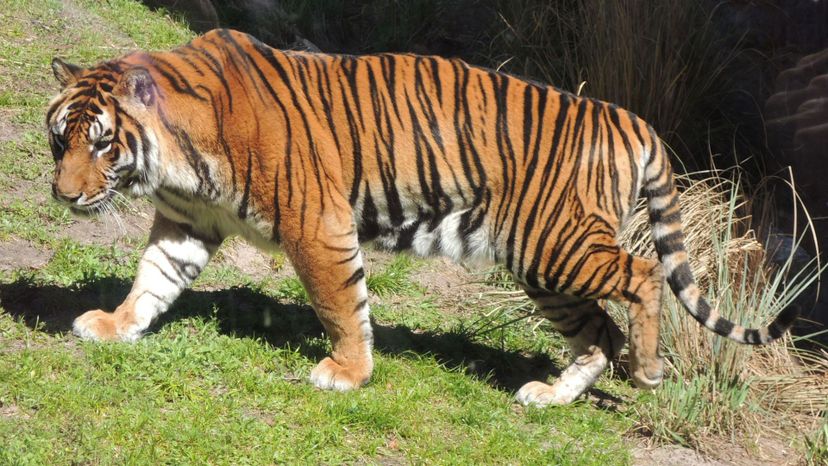
Panthera tigris-commonly known as the tiger- has eight subspecies that are found in eastern parts of the world such as Russia, Siberia, India and China. Tigers have a rusty colored coat of reddish brown, distinct vertical stripes across their body and white whiskers on their face.
Advertisement
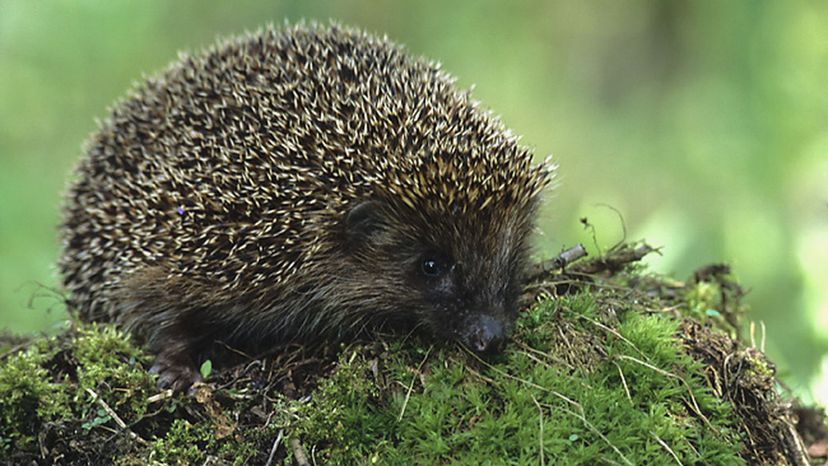
Erinaceus europeaeus is the West European hedgehog or the common hedgehog. This small animal is found in hedgerows and other areas in Europe and Central Asia and it is favored by homeowners because it consumes many pests in the garden.
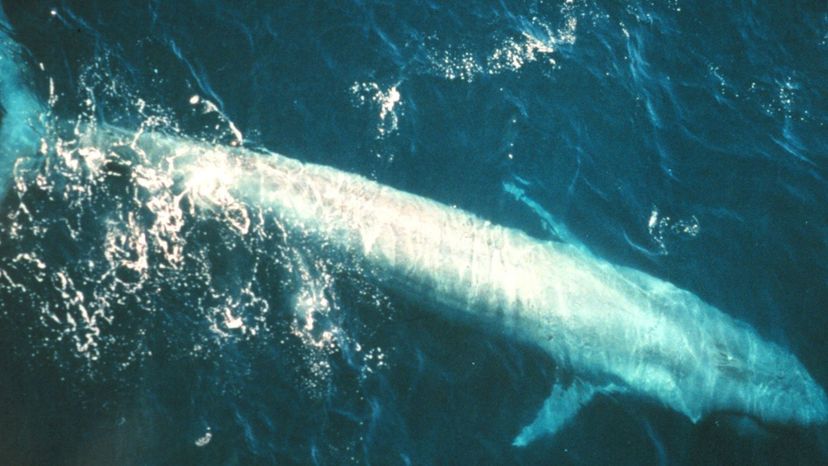
Blue whales (Balaenoptera musculus) are recognized as rorquals- the group of whales such as fin, minke, and humpback. Balaenoptera is its generic name, which translates to "winged whale" in English and is in reference to the whale's dorsal fin. "Musculus" is the specific name, which means "little mouse."
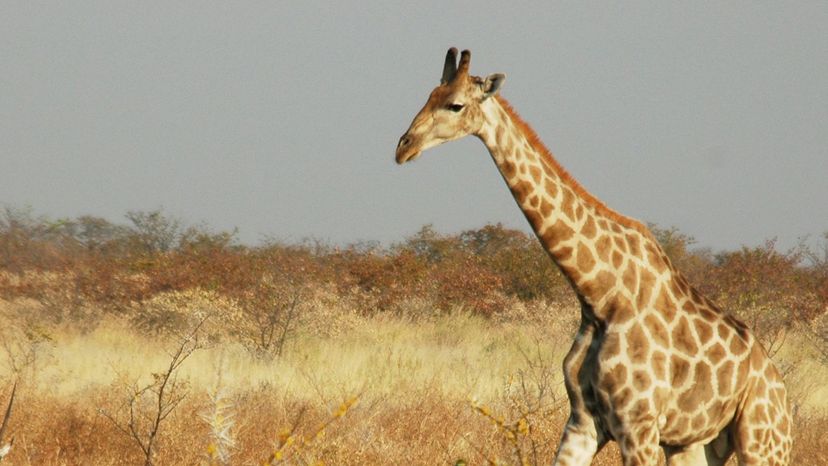
Giraffes are scientifically classified as the Latin word, Camelopardalis, which means "camel marked like a leopard," in reference to the animal's appearance. This mammal is an ungulate, meaning that it has hooves. Giraffes are the tallest land animal.
Advertisement
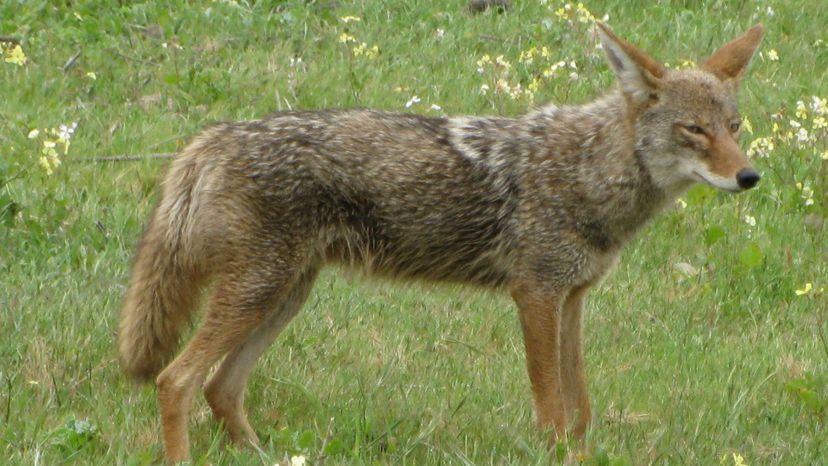
Coyotes are predators from the Genus "canis" which, when combined to form "Canis latrans," means "barking dog." These canines are medium build animals found in the United States, Canada and Mexico. Coyotes are about half the size of wolves.

The Giant Panda is known as Ailuropoda melanoleuca- which means "black and white cat-foot." This name is in reference to its eyes, limbs, shoulders and ears which are black and the rest of its round body which is white. This panda is endemic to south central China.
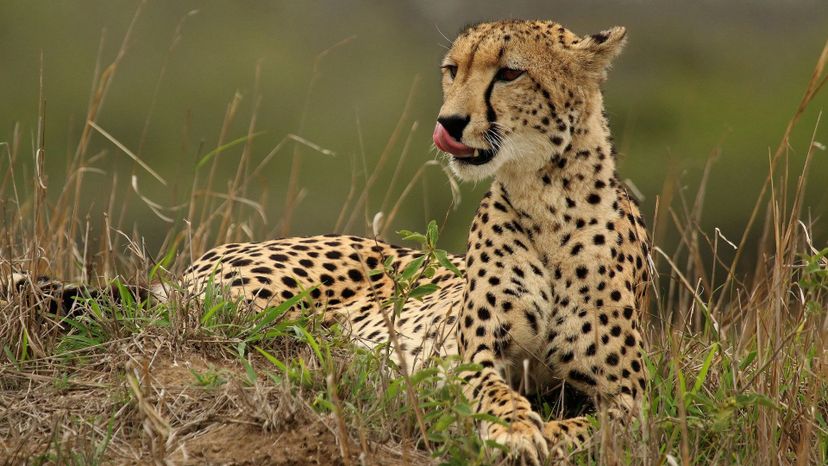
A Cheetah is a long slender animal that is part of the Felidae(cat) family. Scientifically it is known as Acinonyx jubatus; Acinonyx comprises two Greek words-akinetes (motionless) and onyx (claw). This basically means "no move claw" and is referring to the fact that cheetah's claws are not retractable.
Advertisement
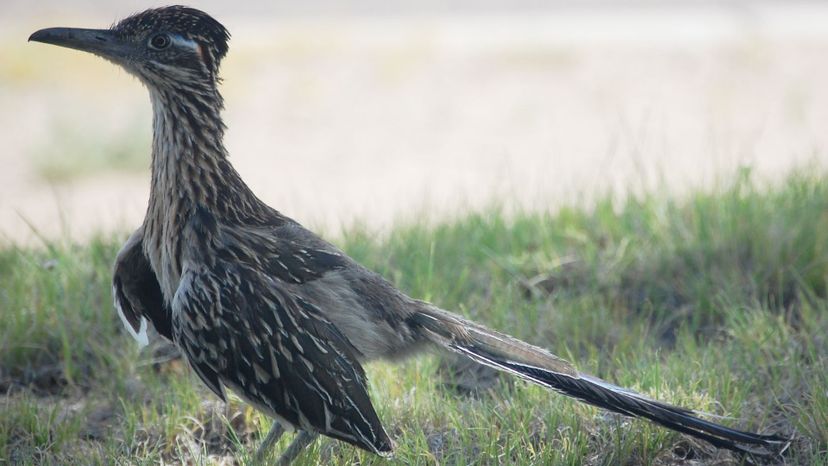
The roadrunner is a small bird of the genus Geococcyx- which comprises only two species. The scientific name-Geococcyx californianus-means "California-earth- cuckoo" in English, is given to this long-legged bird. The roadrunner is true to its name and can run as fas as 20 mph (32 KPH).
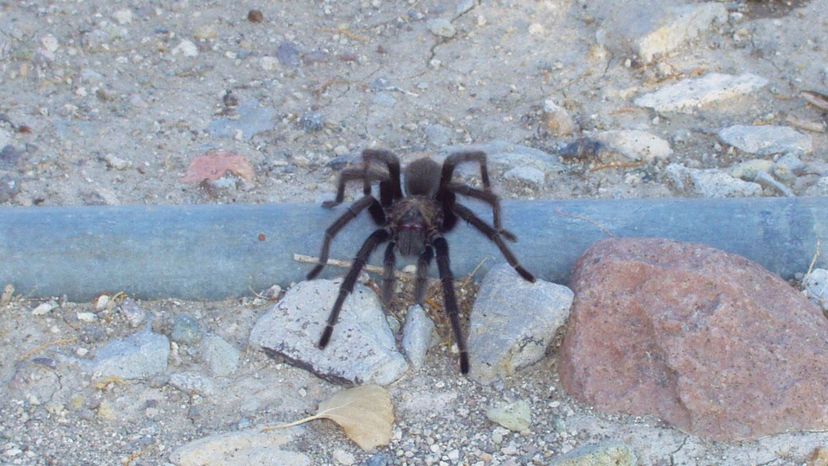
Lycosa is a Greek word which means "wolf" and when combined to form the term "Lycosa tarantula," it is the scientific name given to the big, hairy spiders of the Theraphosidae family. Tarantulas are often cited for their painful bite that resembles and feels like a bee sting.
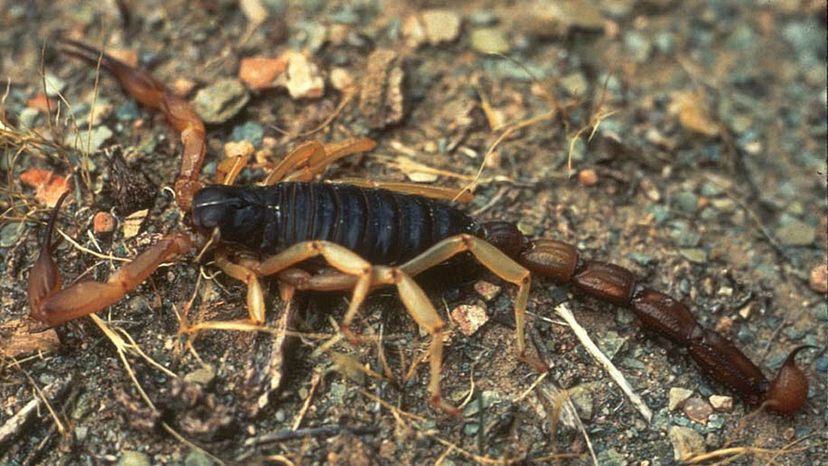
Scorpions are a member of the class Arachnida, which comprises of terrestrial animals such as spiders, ticks and mites. Other invertebrates with certain characteristics are also part of this classification: a disjointed body, four pairs of legs but no antennae on their heads.
Advertisement
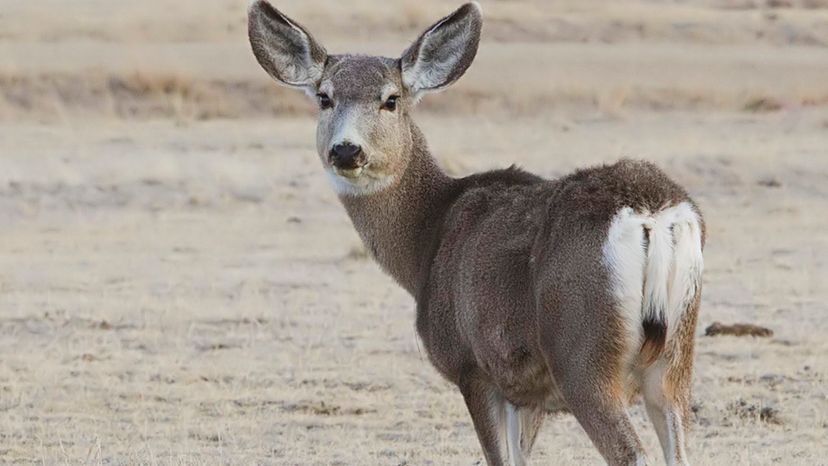
The mule deer (Odocoileus hemionus) is a herbivorous animal found in the Rocky Mountains and the western coast of North America. It is characterized by its black-tipped tail and its large ears, the latter which is the reason for its name because they resemble those of a mule.
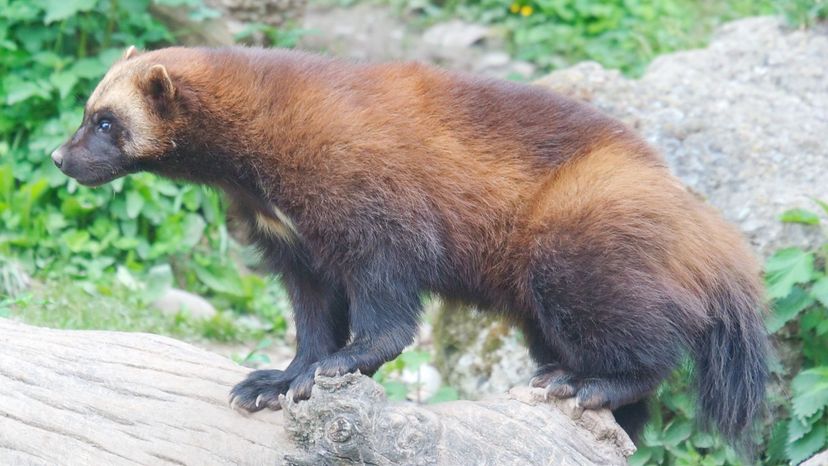
Wolverine belongs to the Gulo gulo species, where "Gulo" means "glutton" in Latin. Wolverine is also called glutton, skunk bear or carcajou and is an animal that prefers colder climates. As a result, this stout carnivore can be found in the Arctic, Alpine forests and Asia.
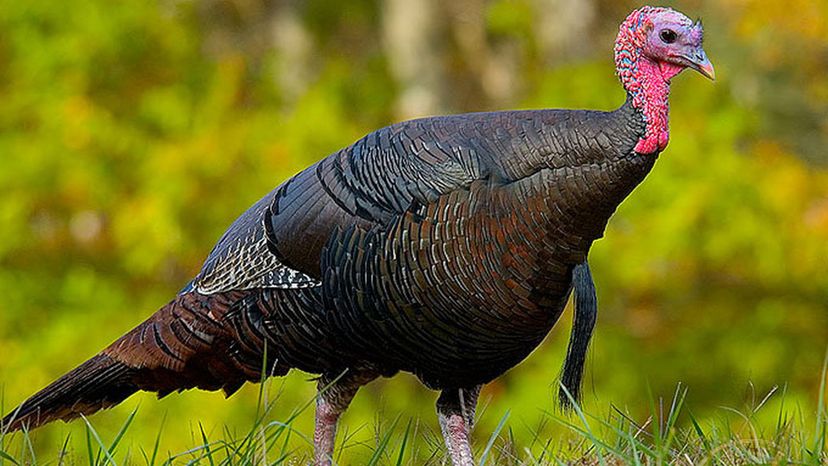
Wild turkeys (Meleagris gallopavo) are large birds with long bodies- their legs, necks and tails extend out of their compact bodies. The males are called gobblers and weigh 6.8 - 11 kg, while the females (hens) weigh 3.6 - 5.4 kg. Wild turkeys are known for their large fan-shaped tails.
Advertisement
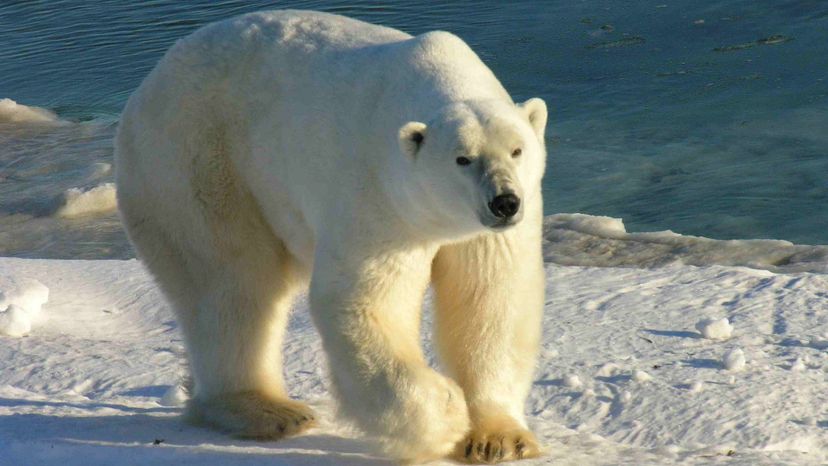
The polar bear comes from the genus Ursidae which refers to bears- polar, black and brown bears. Maritmus means "of the sea, maritime" which refers to the polar bear's main habitat. It lives on the sea ice of the Arctic where it captures seals, which comprise a major part of the bear's diet.
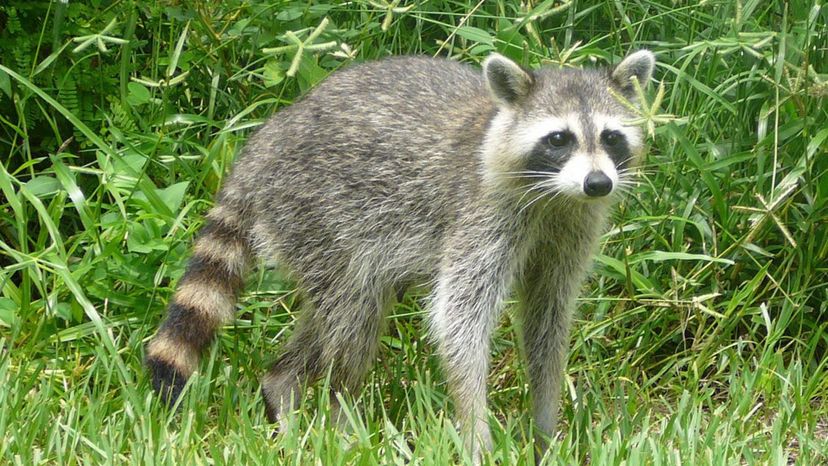
Raccoons are clever little animals with a scientific name given based on their behavior-Procyon lotor. The Latin word "Procyon" means before the dog and "lotor" means washing- together they say "before dog washer." Raccoons may have been given this name due to the fact that they appear to wash their food before consuming it.
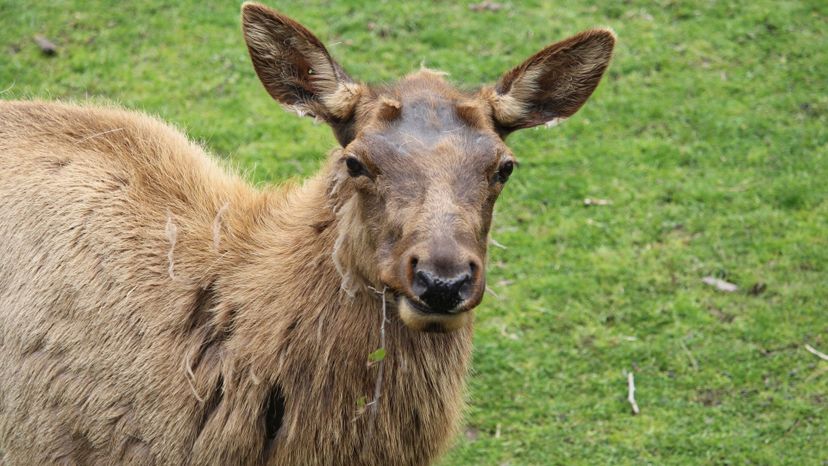
Cervus canadensis is the genus name for elk or red deer that is endemic to North America and eastern Asia. This animal was hunted excessively and, as a result, today it can mainly be found in the western parts of the United States. Elks can be found in open woodlands and some swamps.
Advertisement
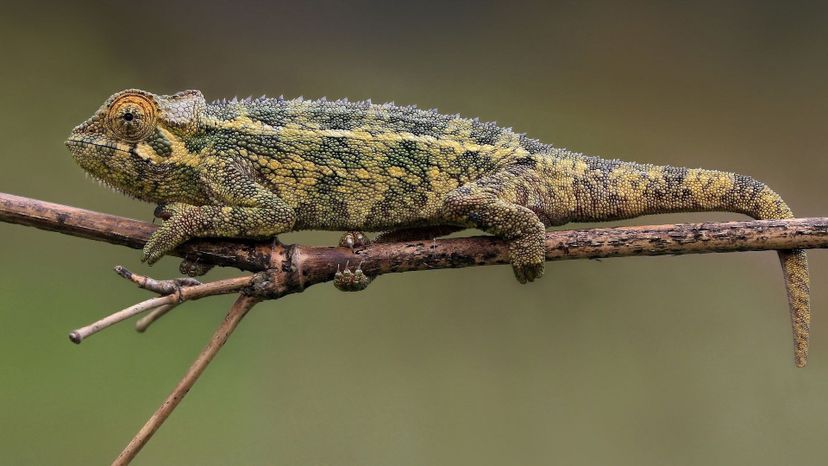
The Chamaele ontidate is a species of chameleon- the adaptable lizard that is found in many parts of the world. Chameleons are noted for their long tongues and their ability to easily camouflage into their environment in order to hide from predators or to capture prey.
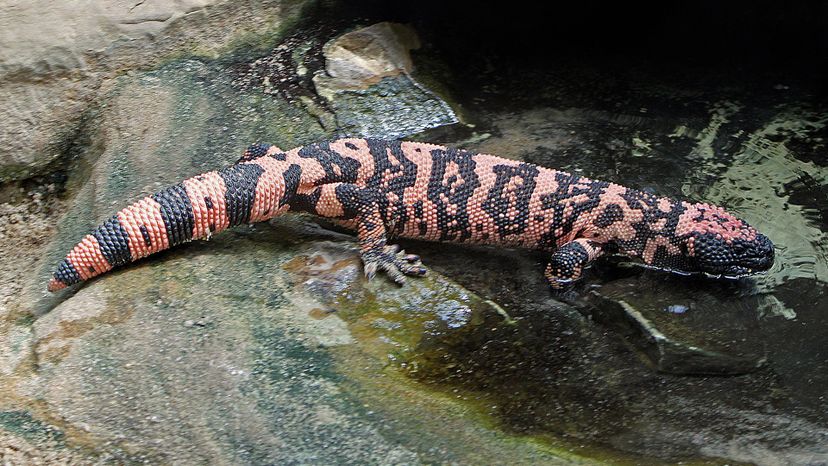
The Gila monster (Heloderma suspectum) is a large venomous lizard that has small eyes, a large head, a stocky body, a short fat tail (max. 56 cm) and a dark forked tongue. This lethargic lizard may be as long as 2 feet (60 cm) in length and weigh more than 5 pounds.
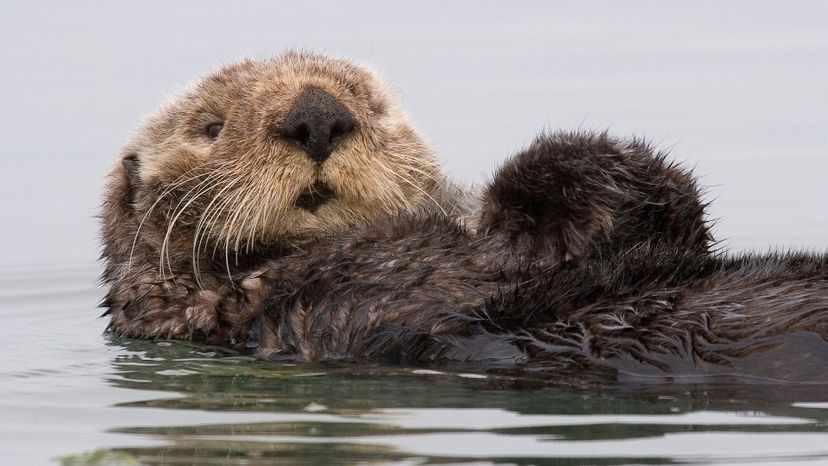
Lutra is a Genus that was the initial classification of the North American river otter, while Canadensis means "of Canada." This otter can be found all through Canada and the United States and tends to live in freshwater and in coastal areas, such as rivers and lakes.
Advertisement
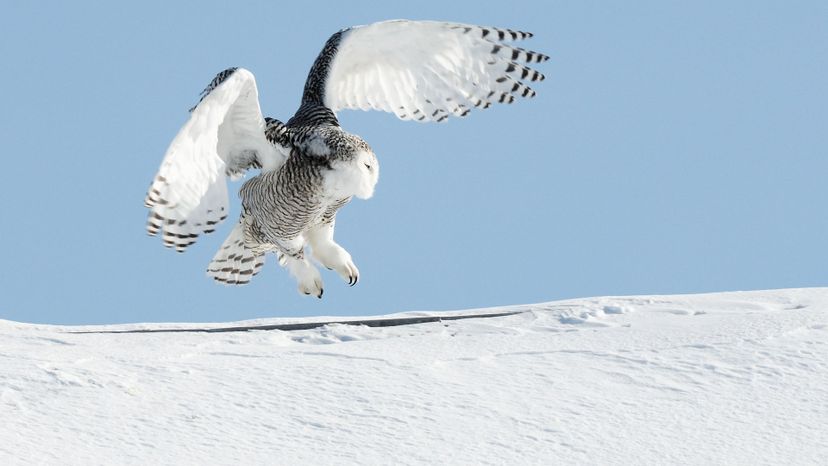
The snowy owl is a large owl of the Bubo scandiacus species that is also the heaviest of owl species. The Great White owl, or Arctic owl as it is called, tends to have females as the heavier sex- they can weigh approximately 5 pounds or 2.3 kg while the males can weigh 4 pounds or 1.8 kilograms.
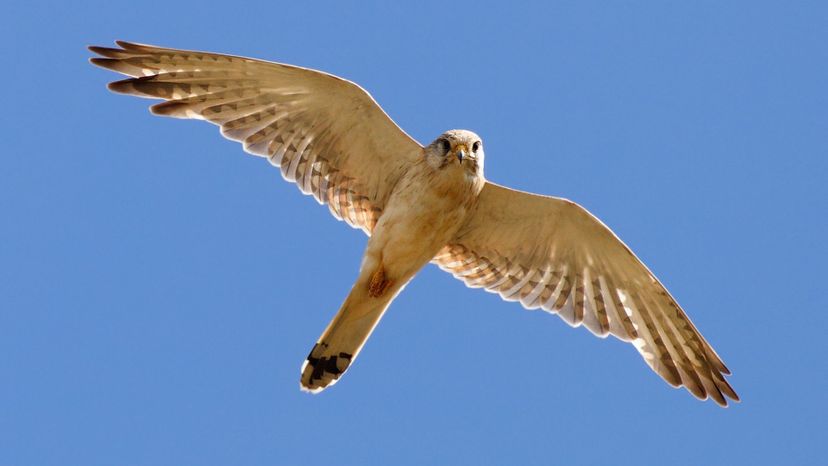
Falco sparverius is a subspecies of the American kestrel that can be found in Mexico, the United States and Canada. This bird is part of the Falconidae family to which the American sparrowhawk and the sparrow hawk also belong. American kestrels have been spotted in deserts, marshes and grasslands.
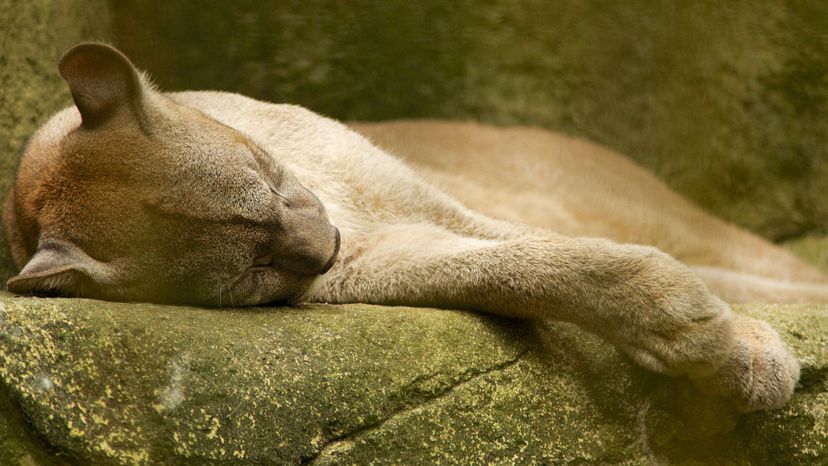
The mountain lion is also known as the puma or cougar and tends to live in the mountainous regions of southern Canada. Its thick fur may be brown, grey or red and also protects it from the harsh winter. Unlike other cat species, the hair has no particular distinction and thus it is called "felis concolor" meaning "cat of one color."
Advertisement
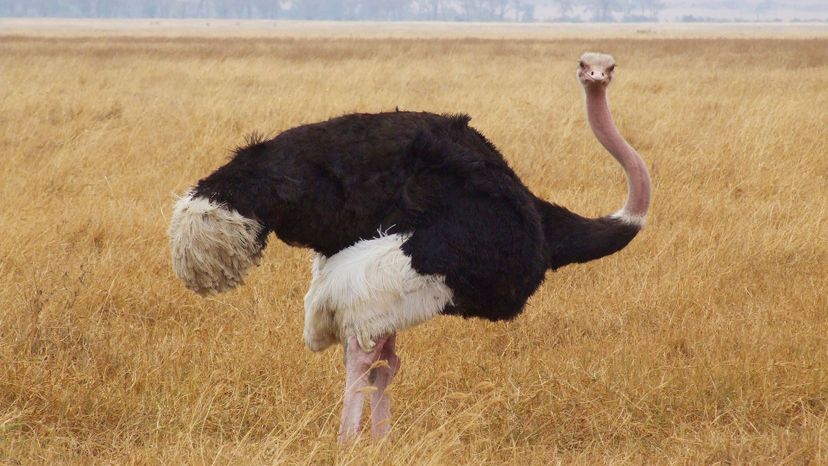
Struthio camelus is a subspecies of ostrich- a large flightless bird that is the fastest of its kind, with a maximum speed of up to 70 km/hr. Generally, ostriches are heavy, tall creatures that can stand at 2 meters tall and weigh up to 320 pounds.
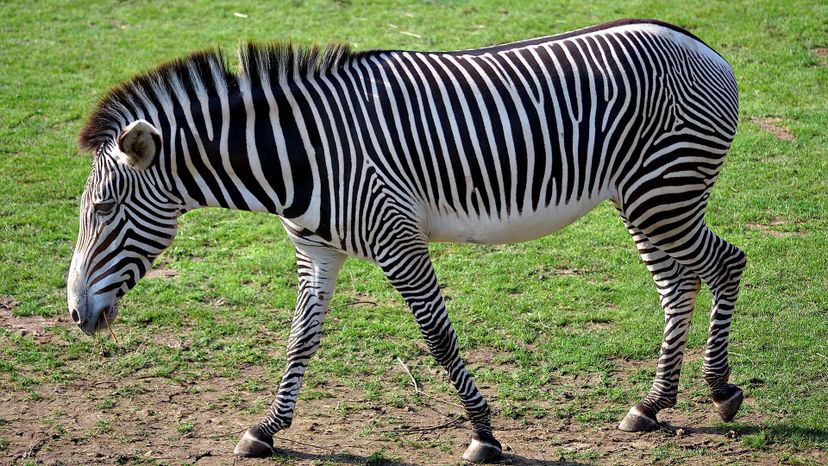
Equidae burcheli is the scientific name for the common zebra which is also known as the plains or Burchell's zebra. The word Equidae refers to hoofed animals, such as donkeys and horses, and, of course, zebras, and other animals that are now extinct.
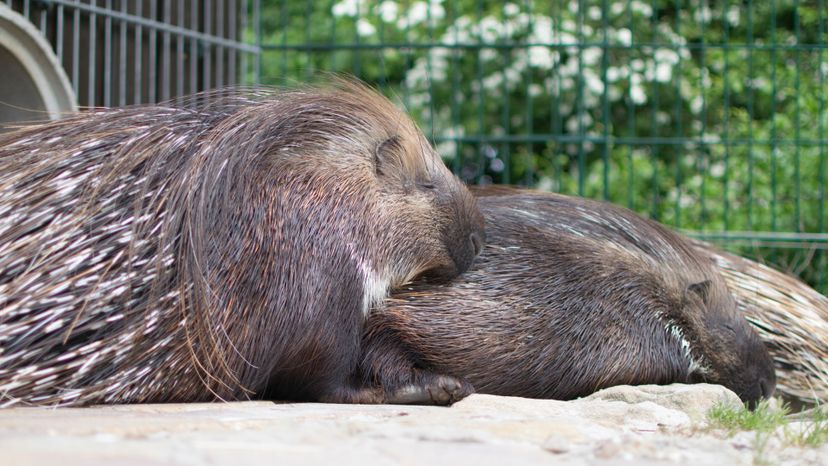
North American porcupines, or the common porcupines, are known scientifically as Erethizon dorsatum. Porcupines are actually rodents- and are recognized as the second biggest ones in North America. Their dark brown or black hair and pointed quills cover their portly bodies.
Advertisement
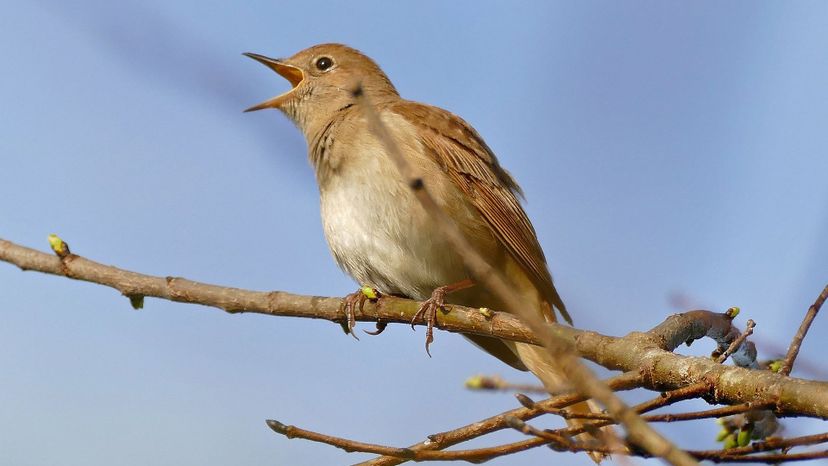
The nightingale's scientific name highlights what this small bird is most well-known for- its powerful song. It belongs to the genus Luscinia which is Latin for "nightingale" and "megarhynchos" which is a combination of two Greek words and means "great bill." Nightingale essentially means "to sing."